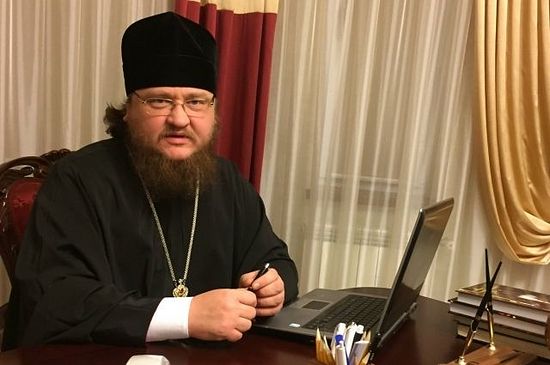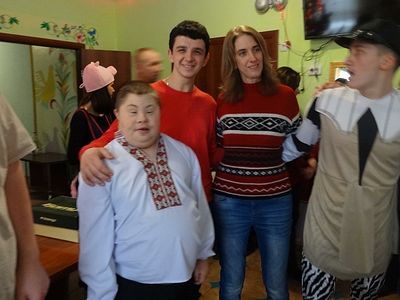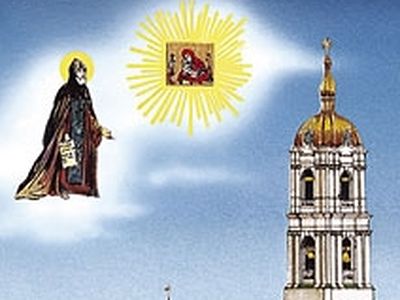Moscow, February 9, 2017
“The war will not end when they stop shooting, but when they stop hating.”
Hatred is overcome only by forgiveness and love, although the path to mutual forgiveness is very heavy. Suffering, pain and loss have left deep traces in the hearts of many people, said Bishop Theodosius of Boyarka of the Ukrainian Orthodox Church, in an interview with Arguments and Facts.
“It seems that it is impossible to forgive; it is beyond any human power. However, I know that that which is impossible for man is possible for God,” the prelate said. “That is why our Church vigilantly prays to God to grant peace to all—peace not just for our much-suffering earth, but peace in our souls,” Vladyka continued, having just returned from the conflict zone.
He recalled the summer’s cross procession for peace which demonstrated the power of joint prayer. The majority of the people still want peace, Vladyka said, as evidenced by the march. They offer up prayers for peace at every service and undertake good deeds, and prayers at home and reading of Scripture as extra signs of love and desire for peace in the nation.
The main task of the Church and of all Christians is to stand before God in prayer, Bp. Theodosius underlined. “We all need to remember this, and lay all our efforts on the altar of ceaseless prayer to God. And then you can be sure that the Lord will hear us. After all, we all remember the words of the Gospel: Or what man is there of you, whom if his son ask bread, will he give him a stone? Or if he ask a fish, will he give him a serpent? If ye then, being evil, know how to give good gifts unto your children, how much more shall your Father which is in heaven give good things to them that ask him? (Mt. 7:9-11),” he concluded.
He clarified that, given all that is going on in the country, the Church looks not from the perspective of politics, but from the point of view of Evangelical principles and Christian morality. “The Church is a mother for all, not for some… Our Church will never divide our people into ‘us’ and ‘them,’” Vladyka emphasized.





